Spanish accents and syllables
The way you pronounce words in Spanish depends on two things: syllables and accents
What's a syllable?
All words are made up of syllables. They are easy to see; it’s basically just how many different sounds a word has. Look at these words in English:
animal — A-NI-MAL (3 syllables)
Spanish — SPA-NISH (2 syllables)
impossible — IM-POSS-I-BLE (4 syllables)
elephant — E-LE-PHANT (3 syllables)
See if you can work out how many syllables these words have:
- delicious
- impossibility
- open
- run
- dictionary
- parallelogram
- window
- bin
- computer
- keyboard
Here are the words above broken down into their syllables:
- DE-LI-CIOUS (3 syllables)
- IM-POSS-I-BI-LI-TY (6 syllables)
- O-PEN (2 syllables)
- RUN (1 syllable)
- DIC-TIO-NA-RY (4 syllables)
- PA-RA-LLE-LO-GRAM (5 syllables)
- WIN-DOW (2 syllables)
- BIN (1 syllable)
- COM-PU-TER (3 syllables)
- KEY-BOARD (2 syllables)
Syllables in Spanish
Syllables are important in Spanish, because the main pronunciation rule that tells you how to pronounce all words involves syllables.
The general rule in Spanish is that you should stress the syllable before last if a word ends in a vowel, an S or an N
bueno — BUE-no (good)
absolutamente — ab-so-lu-ta-MEN-te (absolutely)
So, when you get a word in Spanish, if it ends in a vowel, an S or an N, count back from the last syllable, and you emphasise the one before last when you say it.
tienes – ti-E-nes (you have)
siempre – si-EM-pre (always)
hablan – HA-blan (they speak)
quiero – qui-E-ro (I want)
necesitas – ne-ce-SI-tas (you need)
If a word ends in a letter that isn’t a vowel, an S or an N, you emphasise the final syllable instead.
personalidad – per-so-na-li-DAD (personality)
avestruz – a-ves-TRUZ (ostrich)
feliz – fe-LIZ (happy)
amor – a-MOR (love)
coliflor – co-li-FLOR (cauliflower)
imposibilidad - im-po-si-bi-li-DAD (impossibility)
reloj – re-LOJ (watch)
internet – in-ter-NET (internet)
mensajes – men-SA-jes (messages)
So, that’s the main two pronunciation rules in Spanish:
- If a word ends in S, N or a vowel, you stress the syllable before last
- If a word ends in any other letter, you stress the final syllable
You could call the first rule the “SUN rule” since the word “sun” only has the letters S, N and a vowel.
There is one more rule, though, which trumps the other two rules.
Accents
If a word has an accent over a vowel, in Spanish, you stress that part of the word, regardless of what letter the word ends in.
situactión – si-tu-a-ci-ÓN (situation)
árbol – AR-bol (tree)
café – ca-FÉ (coffee)
página – PÁ-gi-na (page)
electrónico – e-lec-TRÓ-ni-co (electronic)
aquí – a-QUÍ (here)
exámenes – e-XA-me-nes (exams)
débil – DÉ-bil (weak)
The accent rule becomes even more important if you look at words that look the same besides the accent. There are quite a few pairs of words in Spanish that have the same spelling, except one of them has an accent, and the other doesn’t. This little accent changes not only the pronunciation, but also the meaning.
hablo – HA-blo (I speak)
habló – ha-BLÓ (he spoke)
preparo – pre-PA-ro (I prepare)
preparó – pre-pa-RO (he prepared)
camino – ca-MI-no (path / road)
caminó – ca-mi-NO (he walked)
Rule recap
So, that’s three pronunciation rules:
- SUN rule – if a word ends in an s, an n or a vowel, you stress the syllable before last
- If a word ends in any other letter, you stress the final syllable
- If a word has an accent on any vowel, that’s the part of the word you stress
One-syllable accents
If a word only has one syllable, you don’t need to worry about where you place the stress, because there’s only one way you can say it:
el – EL (the)
la – LA (the)
un – UN (a)
sol – SOL (sun)
más – MÁS (more)
qué – QUÉ (what)
dos – DOS (two)
So, if there’s only one way to pronounce monosyllabic words (words with one syllable), why do some of them have an accent?
Well, you might notice some pairs of monosyllabic words that look identical despite an accent:
el / él
mi / mí
que / qué
The reason for the accent is simply so you can distinguish between them:
el – the
él – him
que – that / which / than
qué – what
mi – my
mí – me
si – if
sí – yes
Both versions are pronounced the same; the accent is simply there to help you distinguish the difference in the written language.
Let's practise
Let’s practise the pronunciation rules for where to place the stress in Spanish. See if you can work out how to pronounce these words.
The answers are below:
- comida (food)
- precioso (beautiful)
- aspiradora (vacuum cleaner)
- casa (house)
- algodón (cotton)
- árbol (tree)
- águila (eagle)
- pastelería (cake shop)
- calor (heat)
- hablar (to speak)
- habló (he spoke)
- hablo (I speak)
- comió (he ate)
- rábano (radish)
- traje (suit)
- pájaro (bird)
- posibilidad (possibility)
- situación (situation)
- aquí (here)
- página (page)
- basura (bin)
- ordenador (computer)
- débil (weak)
- español (Spanish)
- ventana (window)
- exámenes (exams)
- necesitas (you need)
- amor (love)
- quiero (I want)
- animal (animal)
- hablan (they speak)
- colifor (cauliflower)
- interesante (interesting)
- café (coffee)
- tienes (you have)
- siempre (always)
- feliz (happy)
- internet (internet)
- personalidad (personality)
- reloj (watch)
- electrónico (electronic)
- avestruz (ostrich)
- desayuno (breakfast)
- desayunar (to have breakfast)
- vacaciones (holidays)
ANSWERS
- “co-MI-da”
- “pre-ci-O-so”
- “as-pi-ra-DO-ra”
- “CA-sa”
- “al-go-DÓN”
- “ÁR-bol”
- “Á-gui-la”
- “pas-te-le-RÍ-a”
- “ca-LOR”
- “ha-BLAR”
- “ha-BLÓ”
- “HA-blo”
- “co-mi-Ó”
- “RÁ-ba-no”
- “TRA-je”
- “PÁ-ja-ro”
- “po-si-bi-li-DAD”
- “si-tu-a-ci-ÓN”
- “a-QUÍ”
- “PÁ-gi-na”
- “ba-SU-ra”
- “or-de-na-DOR”
- “DÉ-bil”
- “es-pa-ÑOL”
- “ven-TA-na”
- “ex-Á-me-nes”
- “ne-ce-SI-tas”
- “a-MOR”
- “qui-E-ro”
- “a-ni-MAL”
- “HA-blan”
- “co-li-FLOR”
- “in-te-re-SAN-te”
- “ca-FÉ”
- “ti-E-nes”
- “si-EM-pre”
- “fe-LIZ”
- “in-ter-NET”
- “per-so-na-li-DAD”
- “re-LOJ”
- “e-lec-TRÓ-ni-co”
- “a-ves-TRUZ”
- “de-sa-YU-no”
- “de-sa-yu-NAR”
- “va-ca-ci-O-nes”
In context
It’s always good to look at rules in context, because it helps to solidify them in your mind. So, let’s read through a few sentences of Harry Potter y la piedra filosofal (Harry Potter and the Philosopher’s Stone), and look at how to pronounce each word…

CAPÍTULO UNO: EL NIÑO QUE VIVIÓ
El señor y la señora Dursley, que vivían en el número cuatro de Privet Drive, estaban orgullosos de decir que eran muy normales, afortunadamente. Eran las últimas personas que se esperaría encontrar relacionadas con algo extraño o misterioso, porque no estaban para tales tonterías.
El señor Dursley era el director de una empresa llamada Grunnings, que fabricaba taladros. Era un hombre corpulento y rollizo, casi sin cuello, aunque con un bigote inmenso.
_________________________________
Let’s have a look at how to pronounce each word. Take into consideration the three rules
- SUN rule – if a word ends in an s, an n or a vowel, you stress the syllable before last
- If a word ends in any other letter, you stress the final syllable
- If a word has an accent on any vowel, that’s the part of the word you stress
el – EL
señor – se-ÑOR
y – Y
la – LA
señora – se-ÑOR-a
que – QUE
vivían – vi-VÍ-an
en – EN
número – NÚ-me-ro
cuatro – CUAT-ro
estaban – es-TA-ban
orgullosos – or-gu-LLO-sos
decir – de-CIR
eran – E-ran
muy – MUY
normales – nor-MA-les
afortunadamente – a-for-tu-na-da-MEN-te
las – LAS
últimas – ÚL-ti-mas
personas – per-SO-nas
se – SE
esperaría – es-pe-ra-RÍ-a
encontrar – en-con-TRAR
relacionadas – re-la-ci-o-NA-das
con – CON
algo – AL-go
extraño – ex-TRA-ño
o – O
misterioso – mis-te-ri-O-so
porque – POR-que
estaban – es-TA-ban
para – PA-ra
tales – TA-les
tonterías – ton-te-RÍ-as
era – E-ra
director – di-rec-TOR
una – U-na
empresa – em-PRE-sa
llamada – lla-MA-da
fabricaba – fa-bri-CA-da
taladros – ta-LA-dros
hombre – HOM-bre
corpulento – cor-pu-LEN-to
rollizo – ro-LLI-zo
casi – CA-si
sin – SIN
cuello – CUE-llo
aunque – a-UN-que
bigote – bi-GO-te
inmenso – in-MEN-so
Just in case you were wondering what those words meant, let’s do a quick translation of those original sentences into English.
CHAPTER ONE: THE BOY WHO LIVED
Mr and Mrs Dursley, who lived in number four Privet Drive, were proud to say that they were very normal, fortunately. They were the last people that you would expect to find connected with anything strange and mysterious, because they were not for such nonsense.
Mr Dursley was the manager of a company called Grunnings, which manufactured drills. He was a stout and stocky man, with almost no neck, though he had an immense moustache.
Get three courses in one bundle, and save money
-
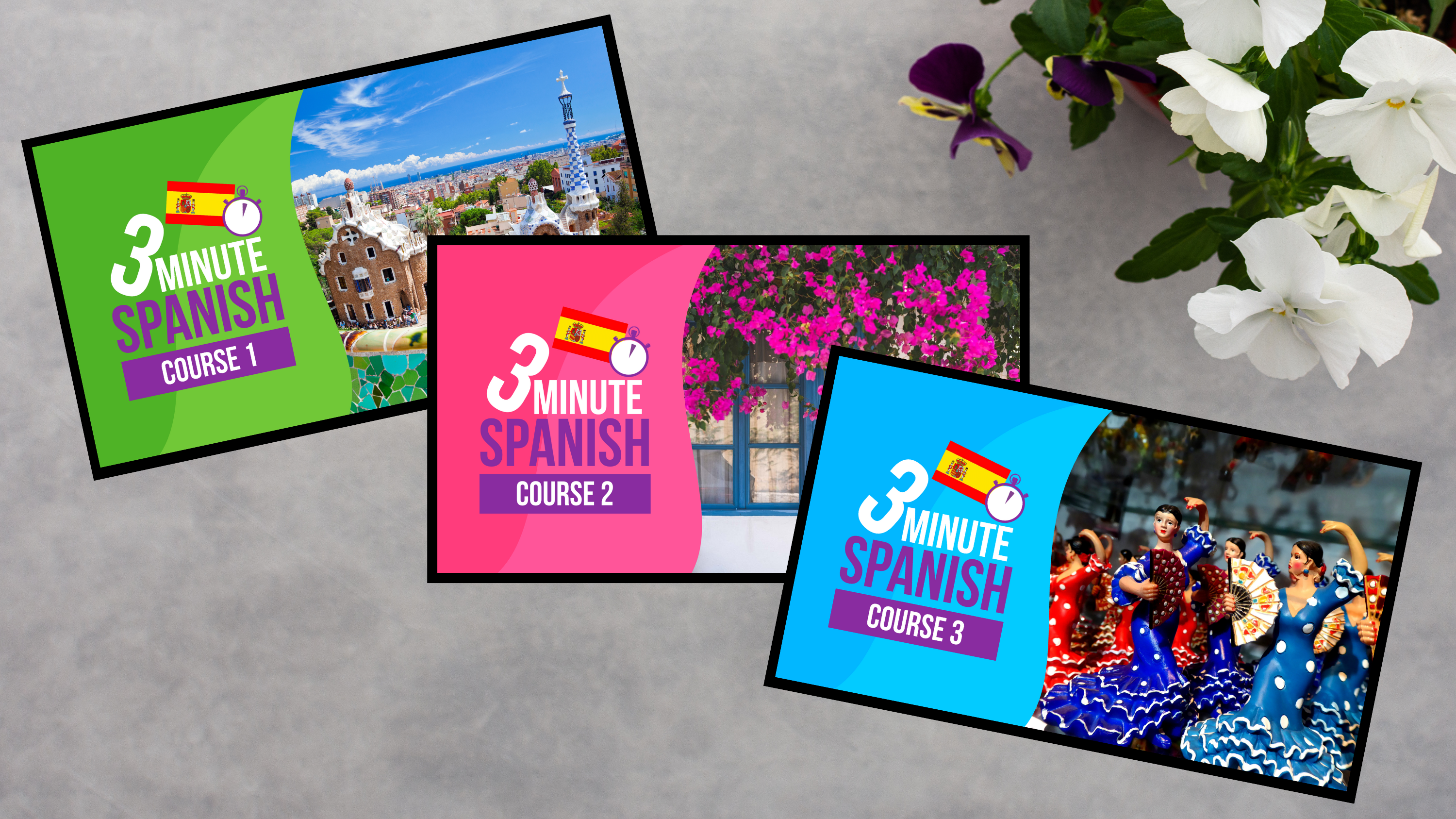
Courses 1, 2 & 3
Get this bundle -
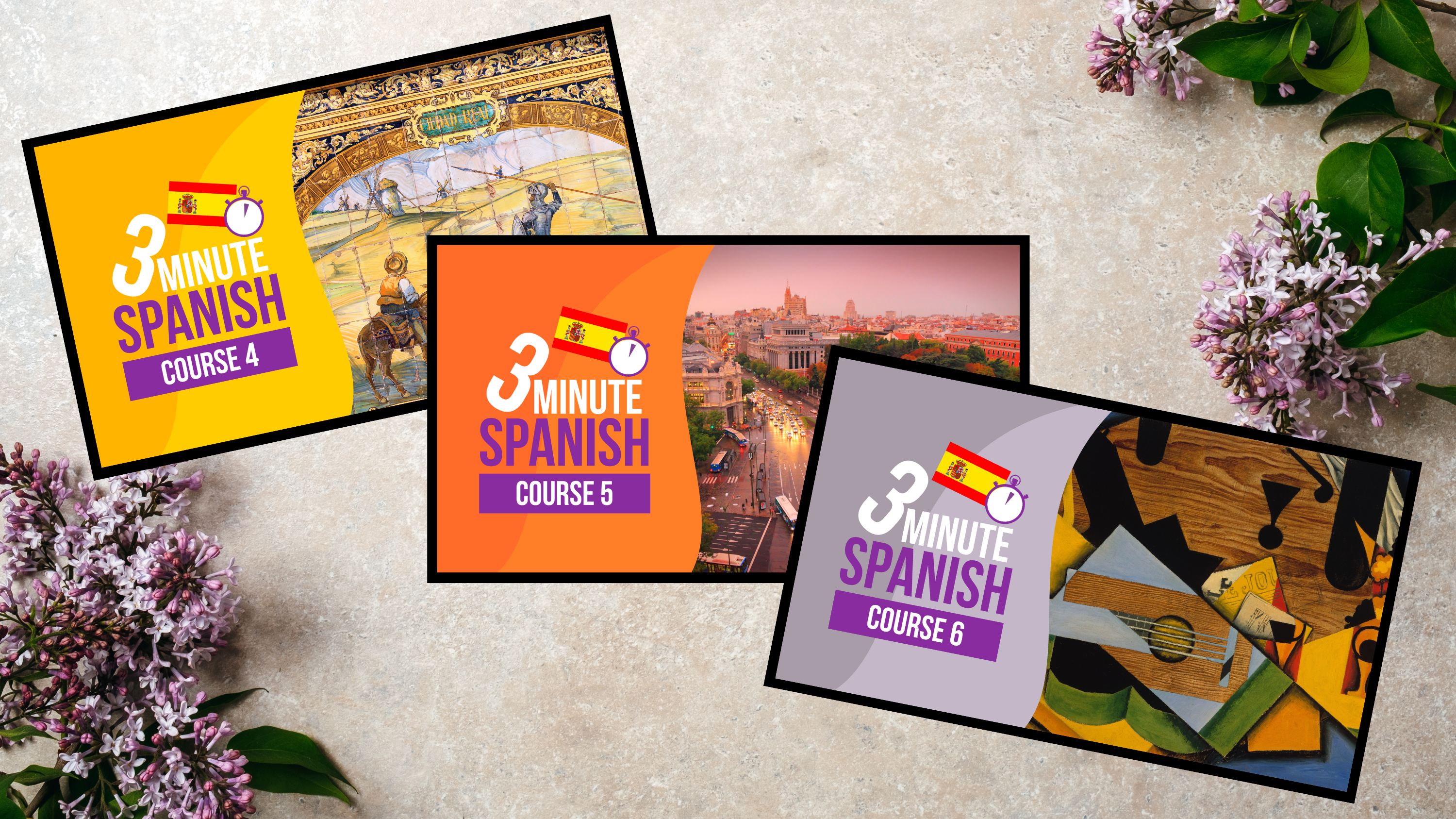
Courses 4, 5 & 6
Get this bundle -

Courses 7, 8 & 9
Get this bundle
Course 2, Building Structures and grammar courses
-
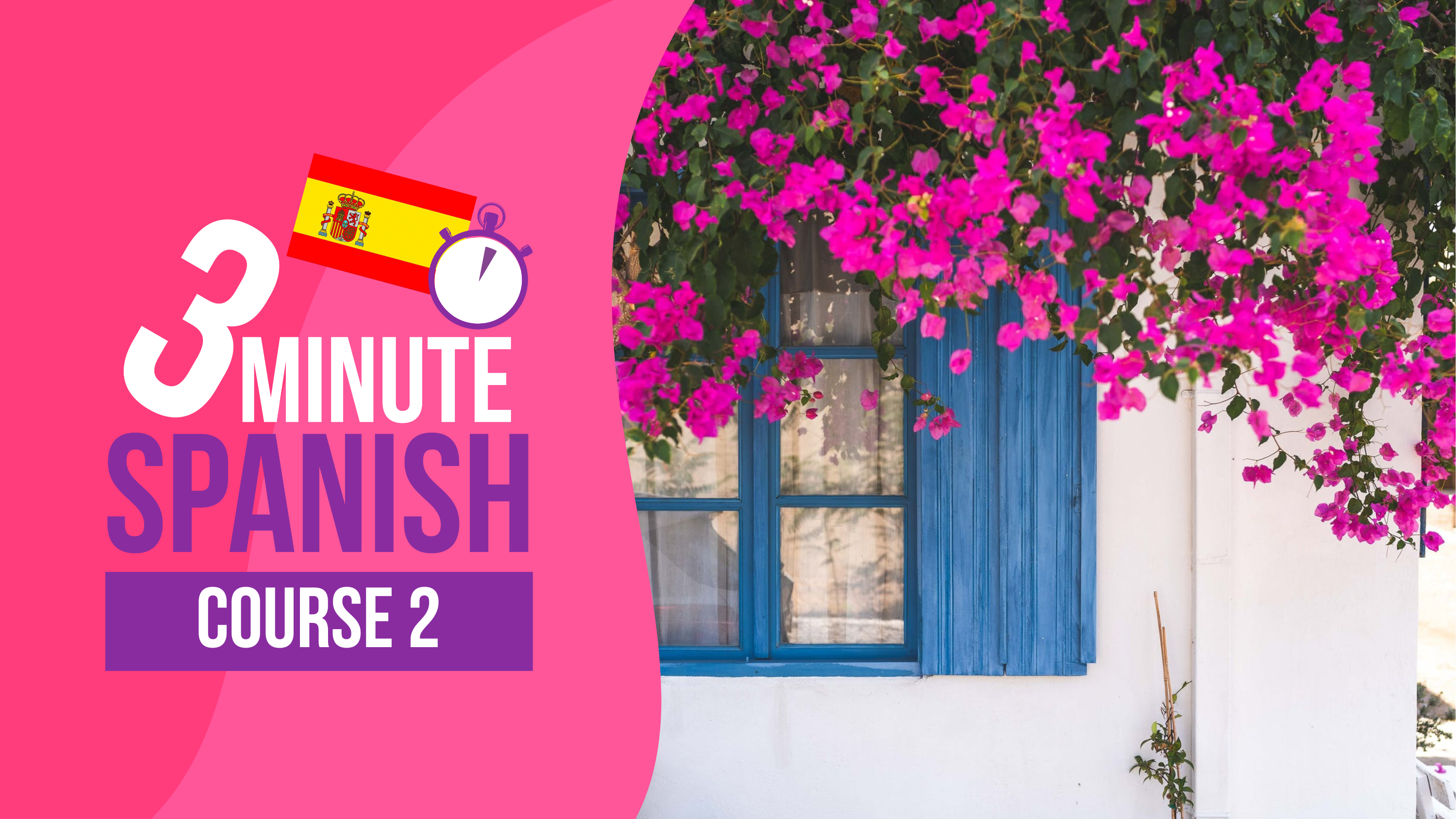
Course 2
Get this course -
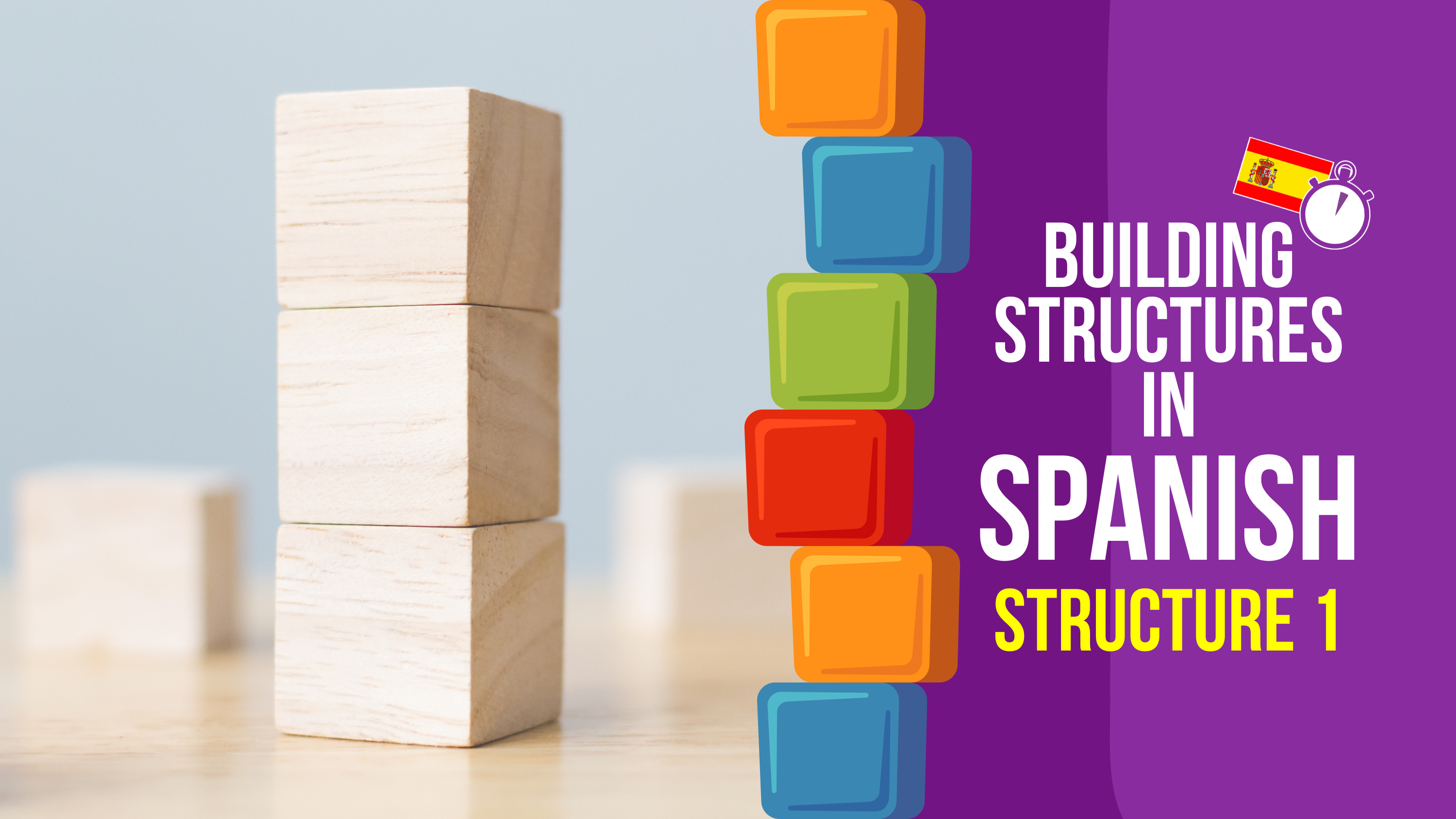
Building Structures
Get this course -
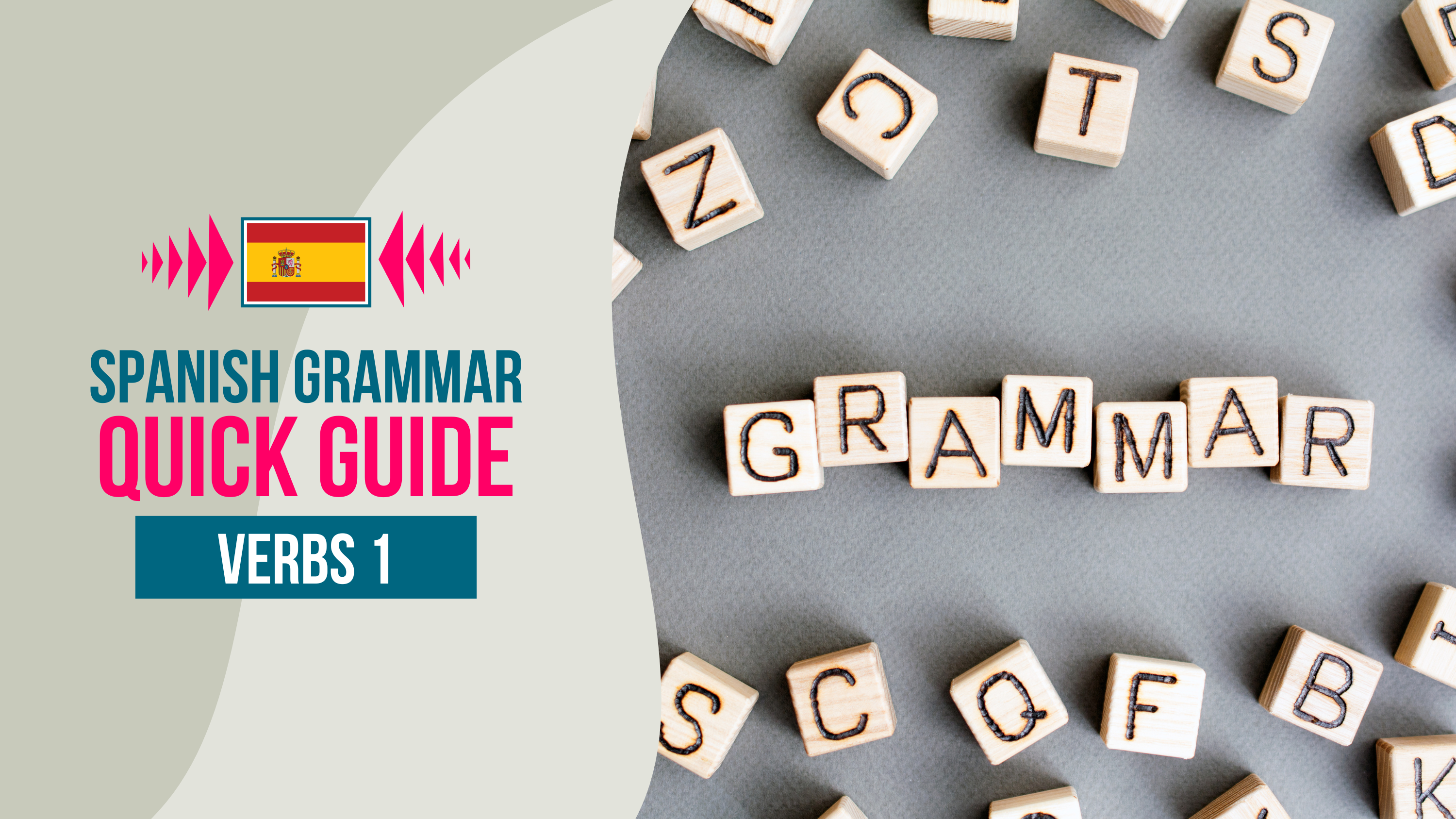
Quick Guide
Get this course
All my Spanish courses
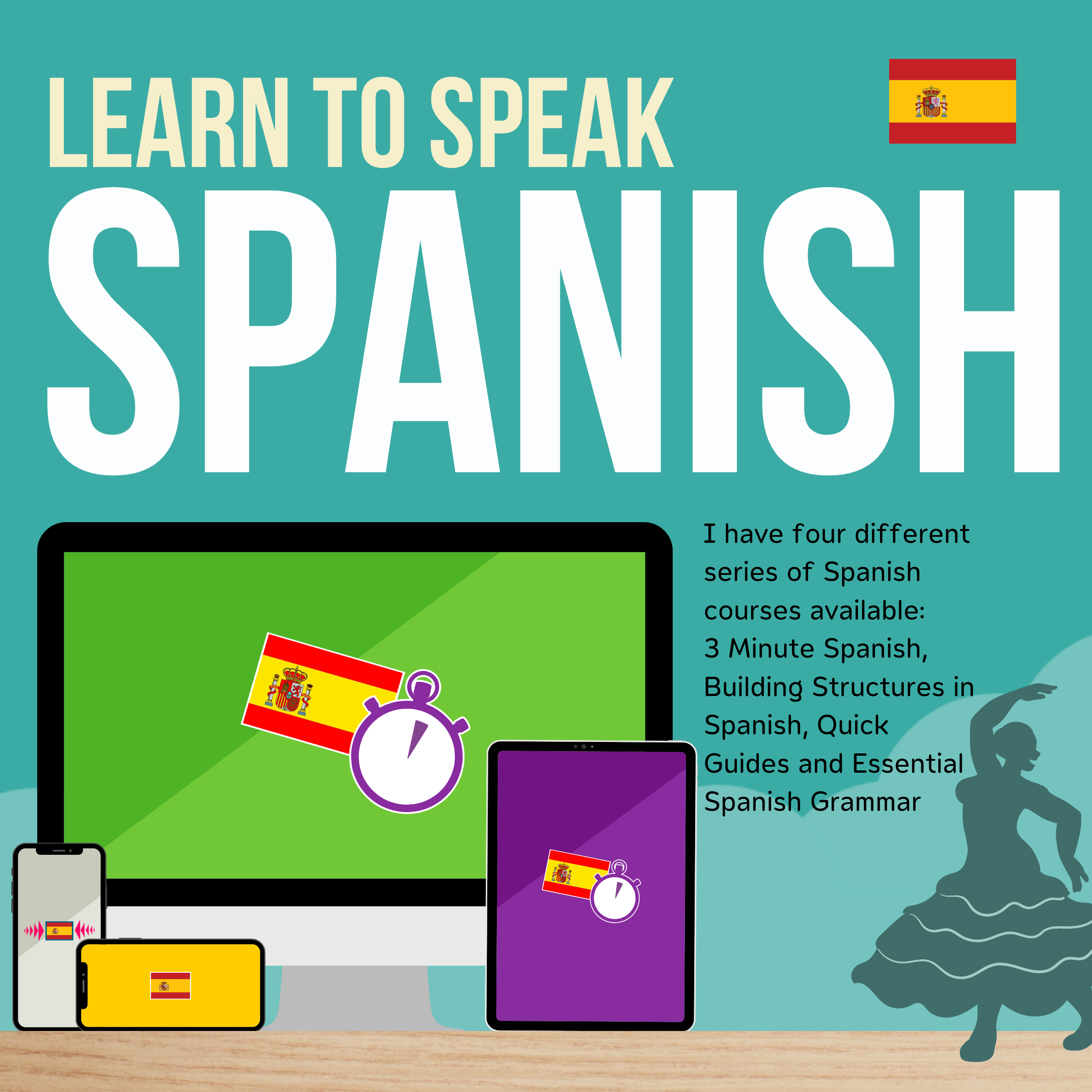
Building Structures in Spanish
Quick Guides
All my French courses
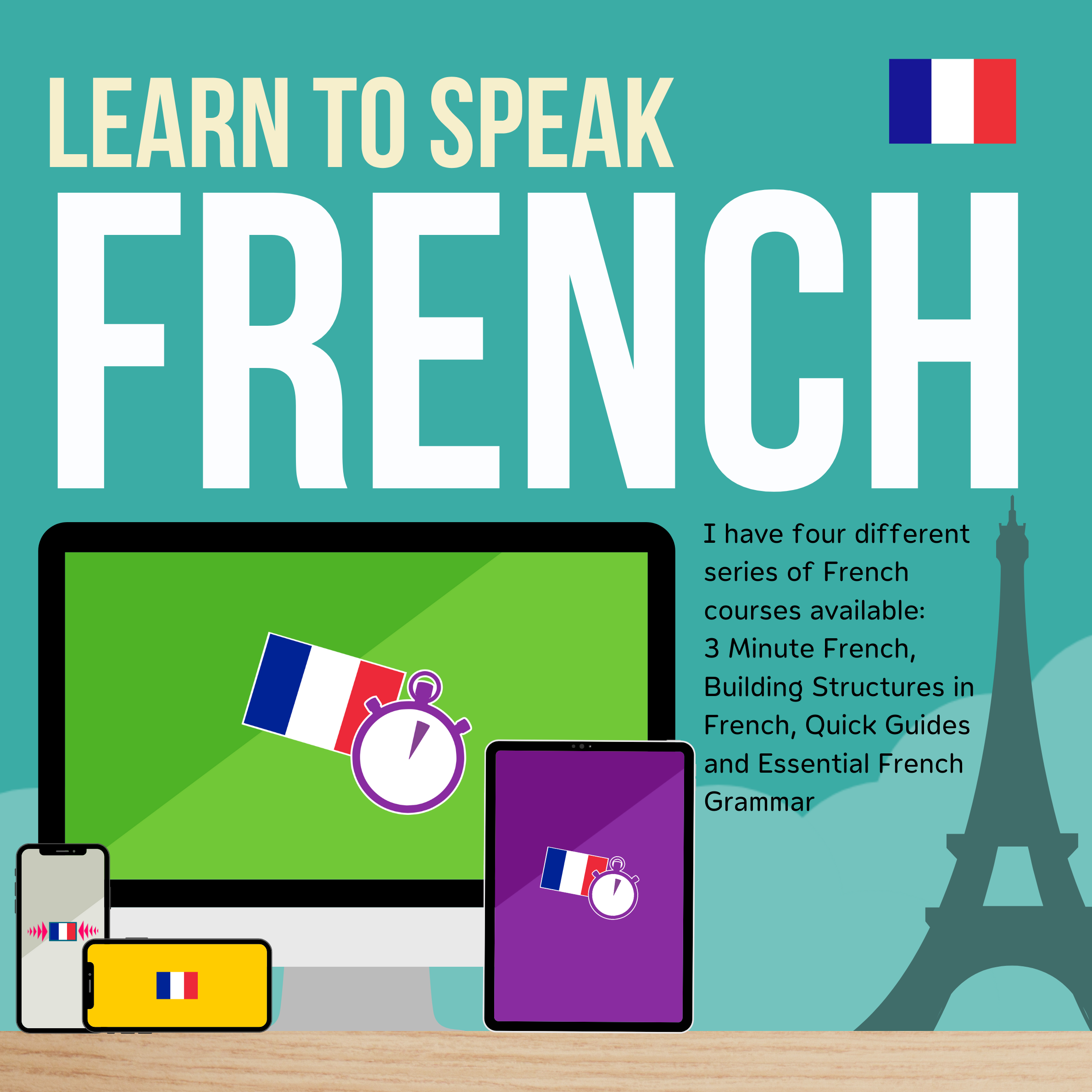
Building Structures in French
Quick Guides
French grammar
Essential French grammar - Future | Conditional | Imperfect
All my German courses

Building Structures in German
Quick Guides
German grammar
Essential French grammar - Future | Conditional | Imperfect
All my Italian courses
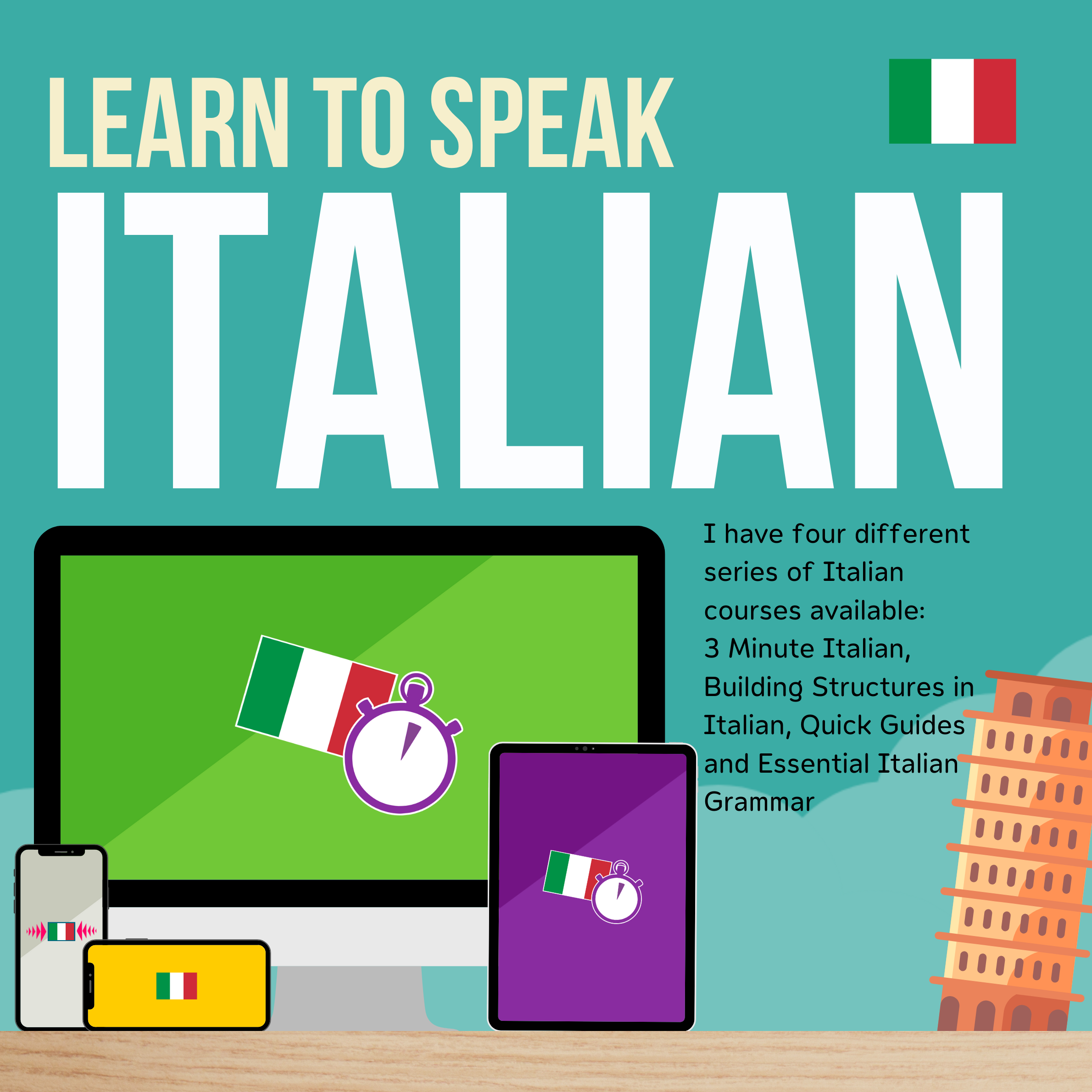
Building Structures in Italian
Quick Guides
Italian grammar
Essential French grammar - Future | Conditional | Imperfect
All my Portuguese courses

Building Structures in Portuguese
Quick Guides
Portuguese grammar
Essential French grammar - Future | Conditional | Imperfect
